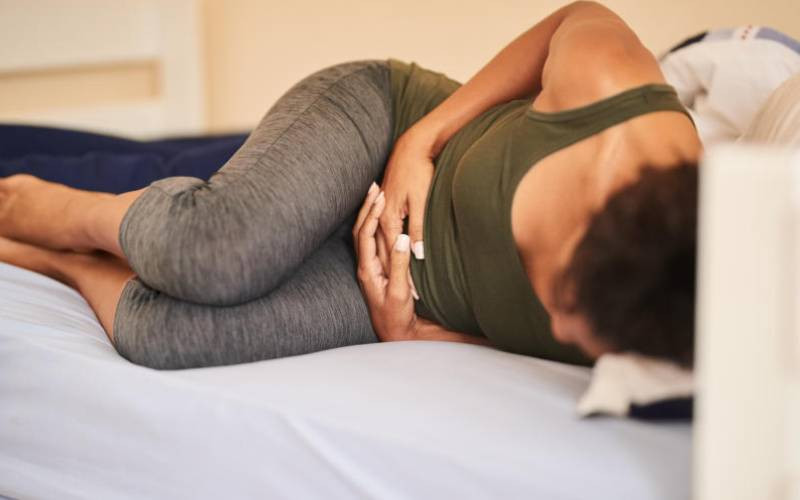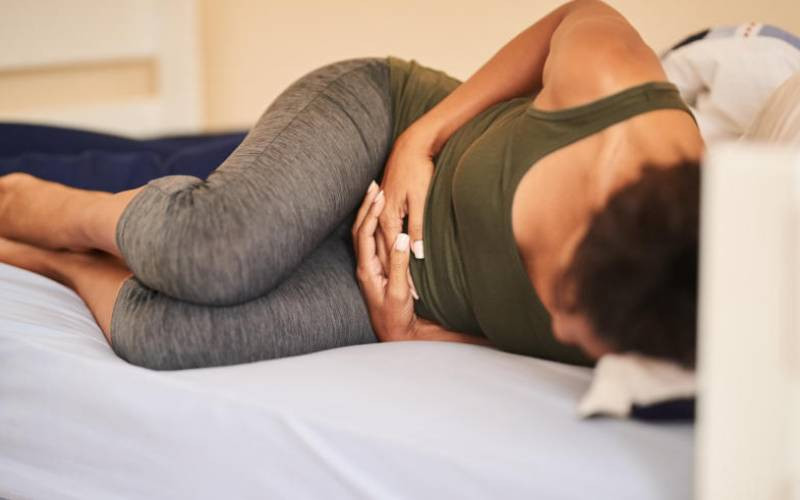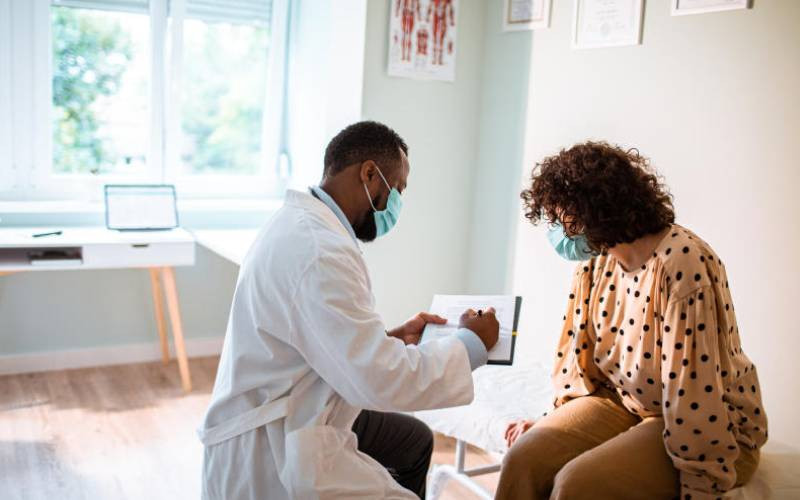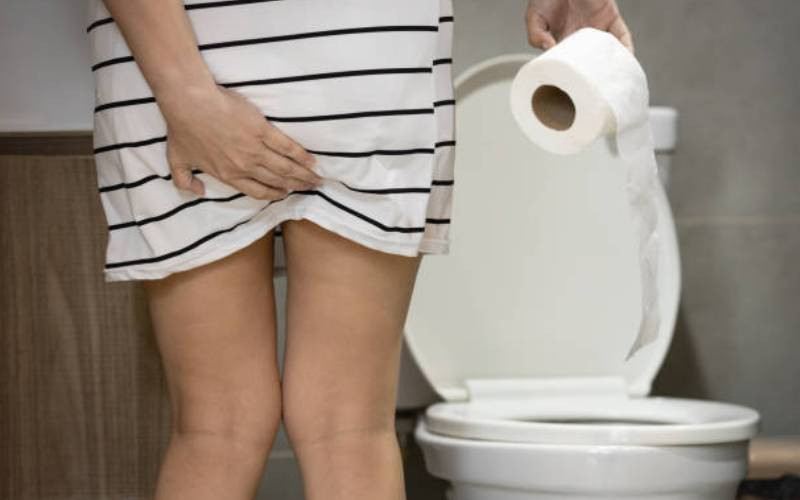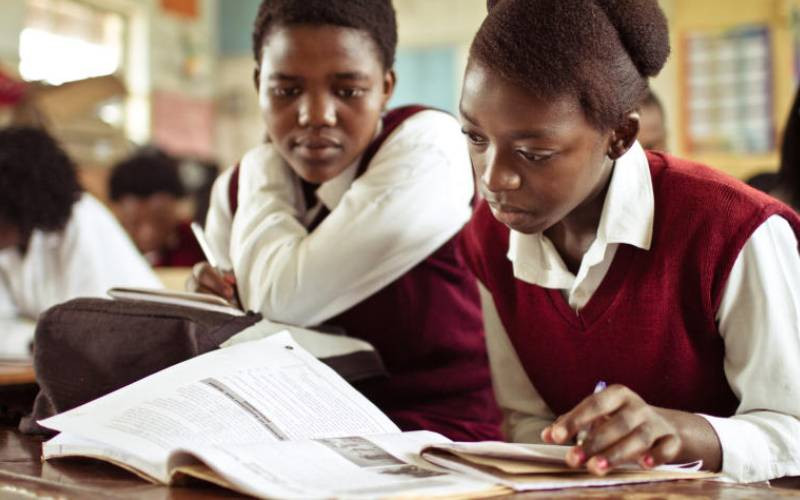
This year's Menstrual Health Day theme is Together for a #PeriodFriendlyWorld. Taking time to celebrate this day is a moment for everyone to reflect on the journey towards changing the way we view and approach menstruation in our communities.
It is important to note that menstrual health and hygiene play a vital role in promoting the well-being and empowerment of women and adolescent girls in Kenya, and should therefore be a priority issue.
This includes menstrual hygiene management - the practical aspects of managing menstruation - and broader systemic factors that link menstruation to health, well-being, gender equality, education, equity, empowerment and rights.
Menstrual health management has a direct impact on girls' right to education in Kenya. According to the World Bank, 95 per cent of menstruating girls miss one to three days of school per month, 70 per cent of them report a decline in their grades as a result, and more than 50 per cent fall behind in school due to menstruation.
To address this issue, the Ministry of Education has introduced a policy to mitigate the challenges faced by girls to increase their retention and transition to higher levels of learning, thereby improving their academic performance. The policy commits the government to provide a safe and environmentally sound mechanism for the disposal of sanitary towels.
The government has taken various other initiatives, such as tax exemptions on sanitary towels, to reduce the financial burden on women and girls. In addition, non-governmental organisations have made significant contributions by providing sanitary towels and educating the public on menstrual health and hygiene.
Despite the efforts of the government and NGOs, many girls still face challenges in accessing sanitary towels and are forced to use unhygienic products such as old rags and newspapers because they cannot afford menstrual hygiene products.
In addition, most schools lack adequate sanitation facilities, including private toilets, clean water and disposal facilities, making managing menstruation at school a daunting task for many girls. These inadequate sanitation facilities affect girls' experiences at school, causing them to miss classes or even drop out of school while menstruating.
- Engage your child with these fun ideas during the holiday
- How to manage challenging behaviour in children
- Understanding and coping with a toxic mother
- How to keep kids busy over holidays
Keep Reading
In addition, the embarrassment and stigma associated with menstruation further discourage them from attending classes, resulting in frequent absenteeism and ultimately affecting their academic performance.
While some progress has been made, more needs to be done. The government and stakeholders, including county governments, need to prioritise ensuring that schools have clean and private toilets that are well-equipped with adequate sanitation facilities, as well as providing menstrual products, clean water and soap.
In addition, the government needs to include menstrual health and hygiene education in the school curriculum for both girls and boys to reduce the stigma associated with menstruation, thereby improving education and health outcomes.
Teachers should also receive training on menstrual hygiene and the importance of empathy to encourage girls in schools. By fostering an environment of openness and understanding, teachers can create a safe space where girls feel comfortable discussing their menstrual needs without fear of stigma or embarrassment.
Empowering girls with the knowledge and resources to manage their menstruation effectively is not only a matter of gender equality, girls need to reach their full potential. When girls can attend school regularly and without interruption, they are more likely to excel academically, pursue higher education and ultimately break the cycle of poverty.
Menstrual hygiene cannot be overlooked. It's time to ensure that every girl in Kenya can attend school with dignity, regardless of her menstrual cycle. Only then can we truly fulfil the promise of education for all.
The author is an Advocate of the High Court of Kenya, a human rights expert and the Senior Attorney at Women’s Link Worldwide.
 The Standard Group Plc is a multi-media organization with investments in media platforms spanning newspaper print
operations, television, radio broadcasting, digital and online services. The Standard Group is recognized as a
leading multi-media house in Kenya with a key influence in matters of national and international interest.
The Standard Group Plc is a multi-media organization with investments in media platforms spanning newspaper print
operations, television, radio broadcasting, digital and online services. The Standard Group is recognized as a
leading multi-media house in Kenya with a key influence in matters of national and international interest.

